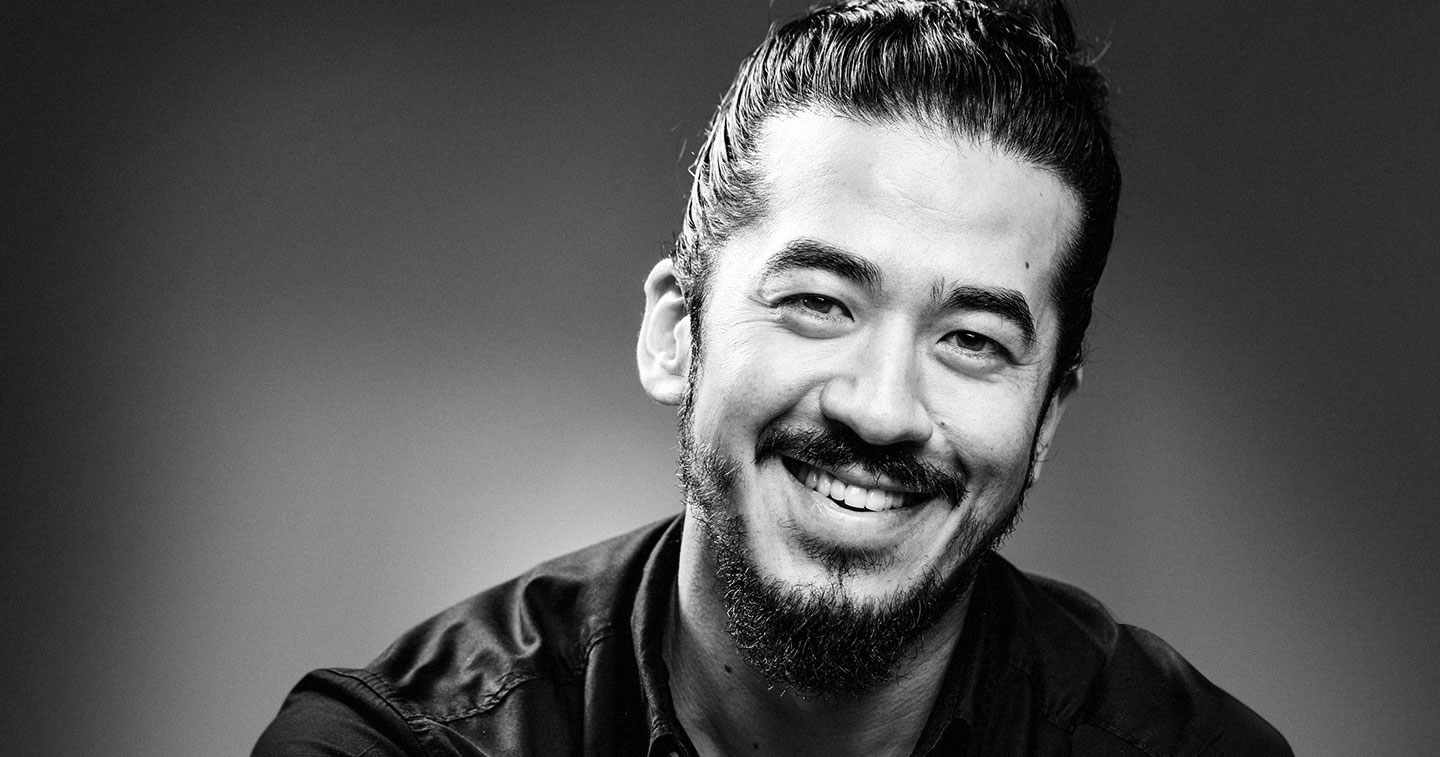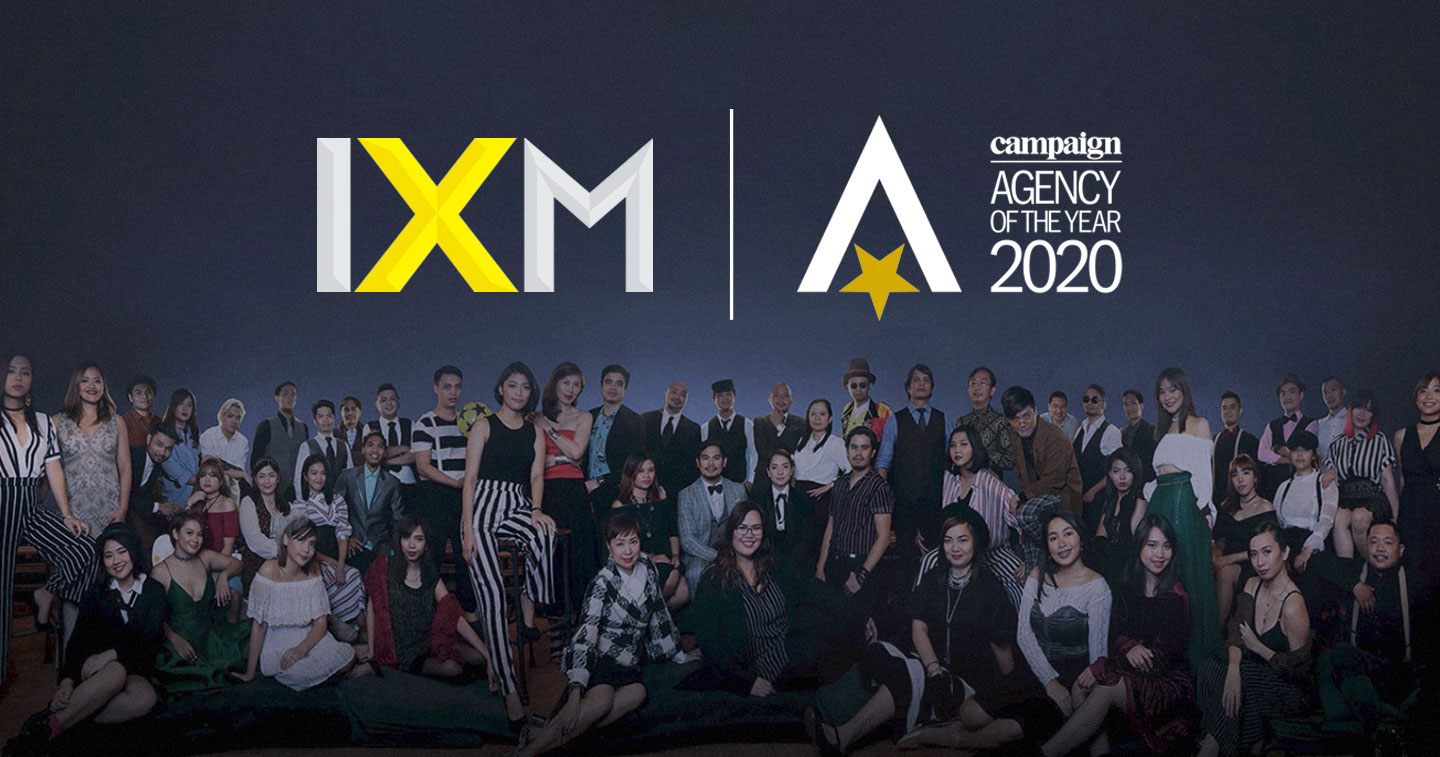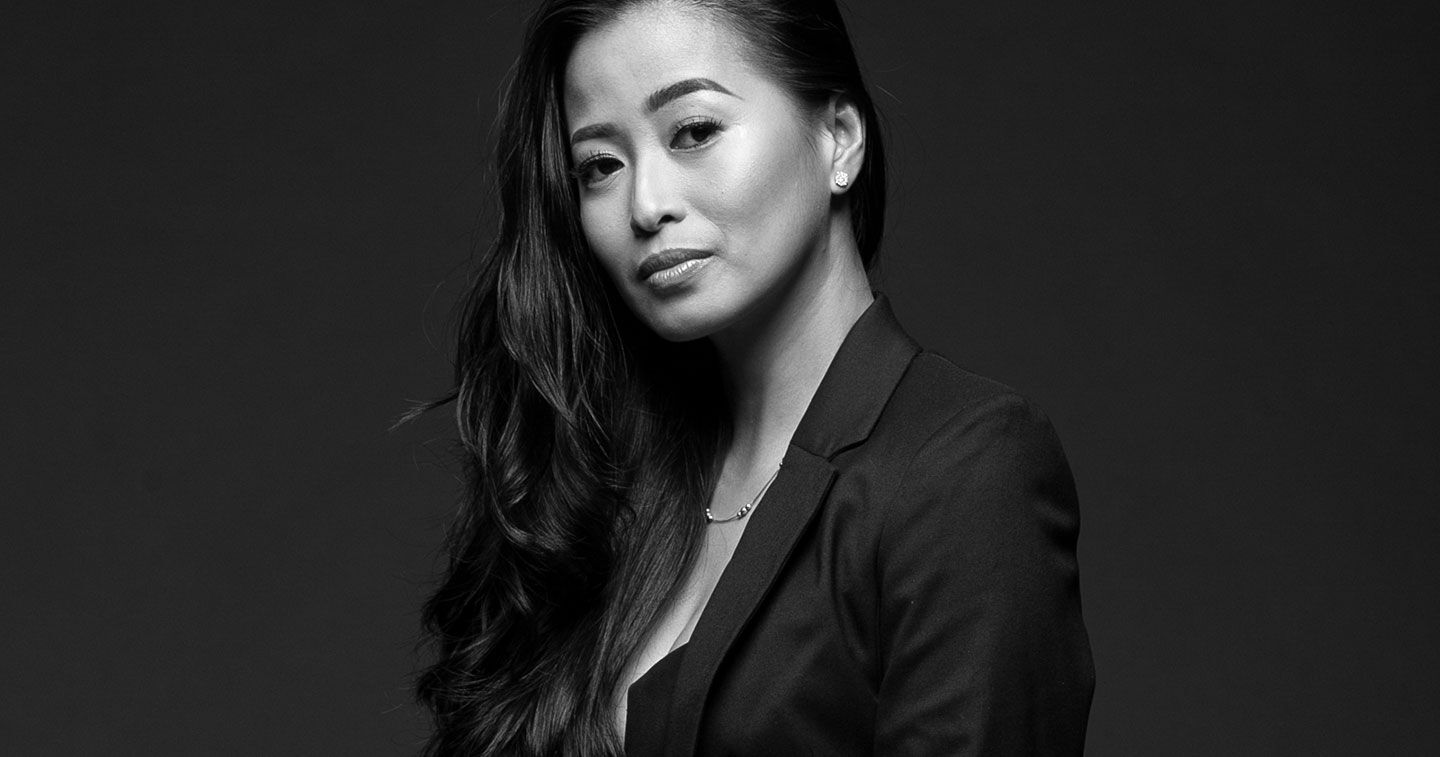“Adult” used to be a noun, a milestone after which one is permanently transformed. “Adulting” is now a verb, a moment you choose to make on a daily basis, a state one can slip in and out off, like lucidity and sleep.
“Adulting” can mean taking care of the bills, taking care of your younger siblings, processing your own documents in government offices, planning your own vacations, or having dinner with the parents of your significant other.
Eighty percent of Filipino youth believe that being able to manage one’s finances effectively is a key skill in being successful today, as opposed to 54% of teens globally.
For older Millennials, the “Real Me” filters into the “Social Me,” with the best parts of the “Real Me” being shared as the “Social Me.” For younger Millennials, the “Social Me” is the dress rehearsal, a trial run for the “Real Me” that they aspire to be.
Among a generation globally connected 24/7, there are no more subcultures or tribes. “Subculture as we know it is dead and it’s the internet’s fault,” comments a 27 year old from Australia.
Older generations are focused on individual freedoms such as political freedom, religious freedom, and freedom from diseases. Young people are far more focused on social equality, such as racial equality and gender equality. Equality for them is non-negotiable.
Ninety-two percent of young people in the Philippines believe that global brands have the power to make the world better. Ninety-one percent of young people in the Philippines think that brands have more power to make change than the government, significantly higher that in the Asia-Pacific region (86%) and globally (84%).
These are just some of the many insights into Generation Y, otherwise known as Millennials—those born between 1981 and 2000—that were revealed by McCann Truth Central’s updated study for this year entitled “The Truth About Youth.”
At an invitation-only event attended by adobo magazine on October 26, the McCann Worldgroup Philippines unveiled the study from regional and local perspective. In attendance were some of the agency’s most important clients—brands that need to understand the youth market and whose communications strategy will be based upon studies such as “The Truth About Youth.”
The study was derived from 33,000 interviews in US, UK, Brazil, Canada, Chile, China, France, Germany, Hong Kong, India, Italy, Japan, Mexico, Philippines, Russia, South Africa, Spain, Turkey.
Distilled, here are the salient points:
What hasn’t changed:
Young people are still figuring our who they are.
Fundamentally, they are still looking for the same things: love, a good job, and great friends.
Friends are still the center of their universe.
Being perceived as cool (while looking like you don’t care too much about being cool) is still the root of so much social anxiety.
Young people are still hungry to affect change.
What has changed:
Adulthood was a thing that happened to you. Now it’s a choice you make on a daily basis.
Young people don’t just have friends. They have an audience.
The figuring out stage is extending.
Figuring it out got a lot more complicated.
Young people now see brands as powerful agents of change.
Figuring it out for brands can be categorized into three facets: Access, Creativity, and Truth.
Access
Young people want access to adulthood on their own terms.
Young people want agility and responsive when it matters.
Young people want a commitment to creating a truly equal world.
Creativity
Young people want an on-the-ground and immersive experience.
Young people want relevant inspiration in the moment it is needed.
Young people want to enjoy the past as a means of reflection.
Truth
Young people want simplicity in a world of insane complexity.
Young people want a foundation of honesty, loyalty, and sincerity.
Young people want a consistent and authentic brand approach.







